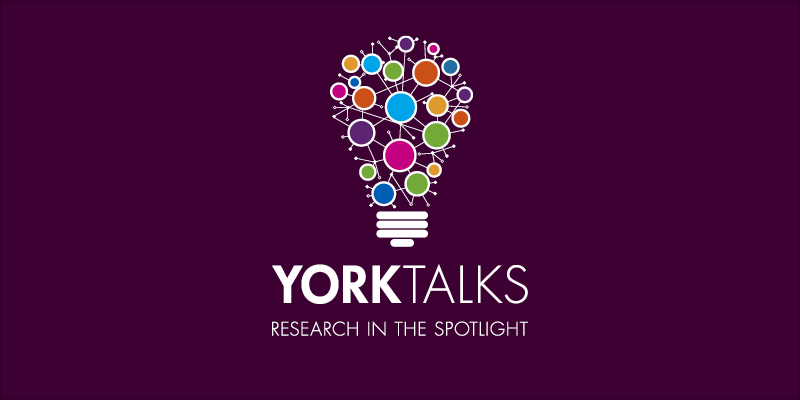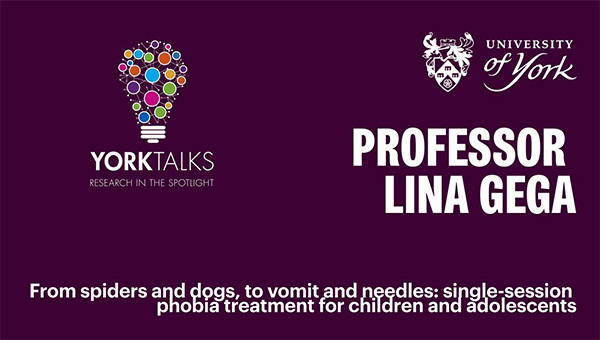Session one
Our first session tackled head-on the biggest issues facing mankind today. Appropriately titled ‘Tackling Global Grand Challenges’, our researchers considered how we could deal with agricultural waste by turning it into a source of protein - but be warned, Black Flies were involved. We heard about the work to reduce the problems of neurodegenerative conditions afflicting an increasingly ageing population. We know our eating habits need to change if we’re to reduce the food industry’s eye-watering greenhouse gas emissions; and our researchers explained ways to help. Our final talk explained about how we can harness the awesome but destructive power of the Sun, here on a decidedly fragile planet Earth.
Session two
Session two, ‘Creativity, communication and culture’, was a diverse mix of the visual, the audible and the tangible. We learnt about revolutionary new techniques in filmmaking borne out of the Covid pandemic, the University’s fabulous but often overlooked art collection and how it could be a vital tool for enriching public life. Researchers discussed a new way to hear the world in the same way as we can see it on our digital devices. And finally there was a fascinating look at an object that “defined the fast-moving, emancipated woman of the new generation”, the hand-held device that was once as ubiquitous as the iPhone - the powder compact.
Session three
In session three we looked at some of the most impactive issues we face: our health and wellbeing. Researchers explored whether the political landscape actually deepens the exclusions and injustices faced by the most vulnerable. They also argued that we’re not recovering after the Covid-19 pandemic but have entered a state of ‘perpetual crisis’, and considered the impact of this on those living in poverty. Then we learned about how research is helping doctors ensure their patients make the right choices in their own treatment - a cornerstone of NHS policy for the past two decades. The final talk discussed about work to enable children to overcome phobias with single therapy sessions - delivering better results for both the patient and the NHS.
Session four
YorkTalks’ fourth session featured a look at the growth of literary and philosophical societies in the north of England as the first industrial revolution gathered pace. Was the North’s distance from London an advantage rather than a hindrance? Then we heard a richly informed and personal perspective on Vladimir Putin’s fantastical interpretations of 1,000 years of Russian history coming up against the equally powerful history of the Ukrainian Cossak. Finally, YorkTalks concluded with the astonishing story of the 1939 archaeological dig at Sutton Hoo that led to an equally impressive endeavour: to rebuild the site’s most iconic artefact, a full-size working replica of the Anglo-Saxon ship itself.
PhD Research Spotlight competition
















